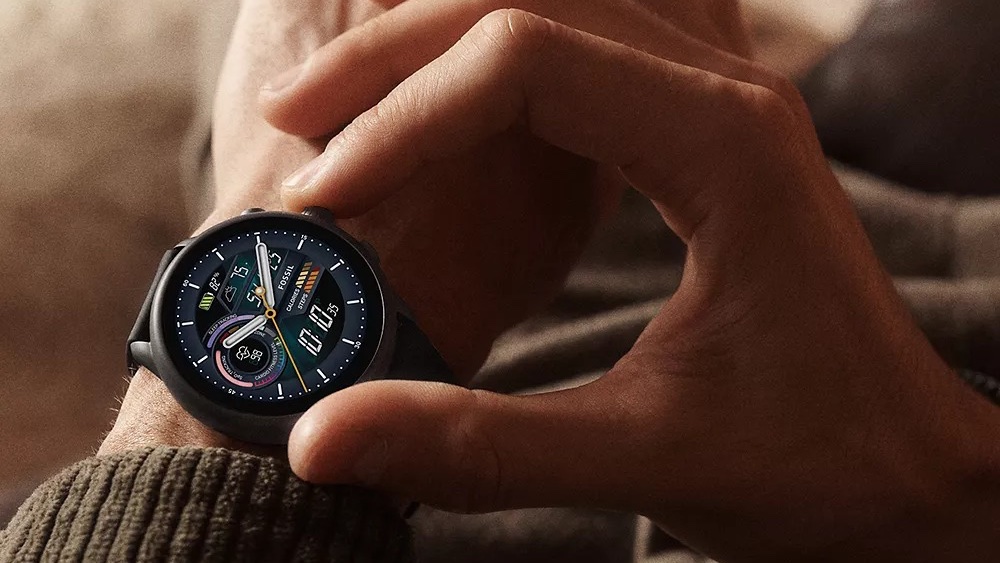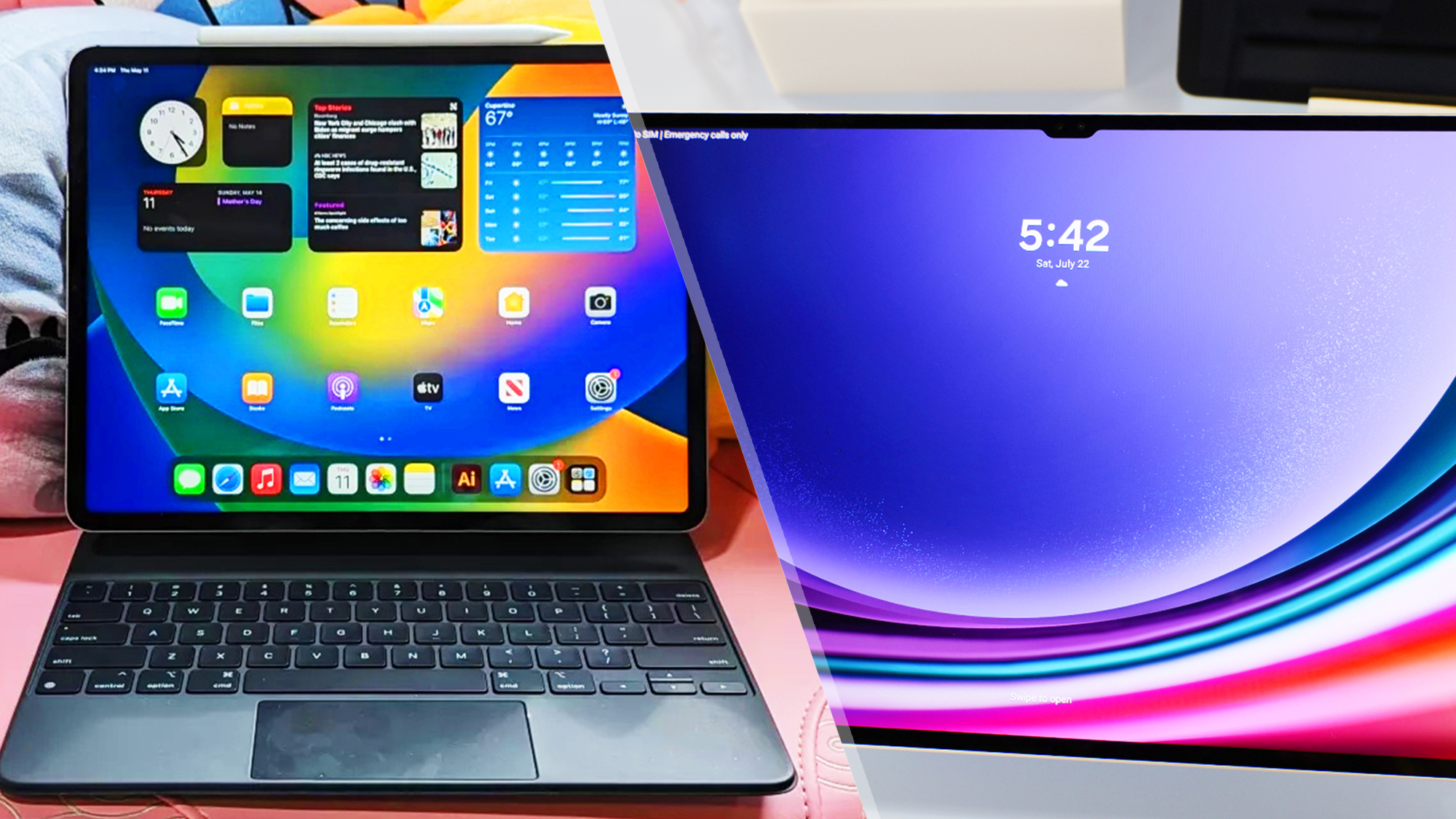For Wear OS, an end to Fossil fuel — can Android succeed beyond the smartphone?
Time's up for dozens of Android smartwatches

Sign up to receive The Snapshot, a free special dispatch from Laptop Mag, in your inbox.
You are now subscribed
Your newsletter sign-up was successful
Android may be the world’s most popular operating system and have the highest smartphone market share, but it’s hardly been a guarantee for sustained success. In addition to many one-miss blunders like phones from Essential, Red, and the new Palm (so far), once high-flying HTC released its most recent flagship in 2018. And LG, which had been making phones since the pre-smartphone era, left it in 2021. Last year, another feature phone survivor focusing on rugged smartphones, Kyocera, left the market. And more recently, Bullitt Group, which made rugged smartphones under the Motorola and Caterpillar brands, packed it in.
Digging through the Fossil record
But things have been even tougher beyond smartphones. Recent news that Fossil Group will leave the Wear OS market represents a major loss for Android-based smartwatches. The company has been exploring high-tech timepieces since the late 1990s, when it licensed Palm OS for the WristPDA. And in the mid-2000s, it released a few products under the Abacus brand that used Microsoft’s FM-based SPOT (Smart Personal Objects Technology), branded as MSN Direct, that wirelessly received updates about news, stocks, and other tidbits throughout the day. Since it signed on to offer Wear OS watches, the company’s hundreds of retail stores provided a way for consumers to get an in-person look at them. Beyond products bearing its Fossil and Skagen brands, the company also produced watches for a host of diverse fashion and sportswear brands, including Diesel, Puma, Michael Kors, Tory Burch, Kate Spade, and Armani Exchange.
Fossil’s departure announcement had nothing to say about its hybrid smartwatches that don’t use Wear OS, so it may not be abandoning smartwatches entirely. That would keep it in a segment that its leading competitor, Swatch Group, has resolutely avoided since the category’s inception. As for the Wear OS exit, though, a leading theory of why Fossil called it quits traces back to Google’s 2021 team-up with Samsung for Wear OS 3, an inducement to have the leading Android device maker drop Tizen as its smartwatch OS.

Can Android find a way to succeed beyond the smartphone?
The struggles of Wear OS are consistent with those of other Android efforts to expand beyond the smartphone. In tablets, the most closely related device, Lenovo and Samsung are the only PC companies with a portfolio of Google-enabled Android tablets as others that had dabbled in the market years ago shifted to Chromebooks. However, other brands, like TCL, Xiaomi, and OnePlus still have a toe in the water. There’s been at least some good news for Google TV. After years of being primarily used in Sony televisions and the Nvidia Shield TV devices, the company has won the support of TCL from Roku.
And while not every loss for Android is a win for Apple, Android’s bumpy road beyond the smartphone stands in contrast to the hits Apple has had with the iPad and Apple Watch, which dominate their categories. While the popularity of smartwatches is growing, the Apple Watch’s market dominance over Wear OS is reminiscent of how the iPod went out on top of the portable music category. By the time the last iPods not based on iOS hit the market, competitors such as Creative, RCA, iRiver and Microsoft had all fled. (That said, Western Digital still sells a few variants of the basic Sandisk Sansa Clip music player and Sony has a Walkman that extends a bit more upmarket at $3,699.)
With Fossil Group’s exit, the future of Wear OS largely falls on the shoulders of three companies: Google, Samsung, and Qualcomm. That is the same trio that stood together a year ago to share that it was collaborating on a next-generation XR device following the announcement of the Apple Vision Pro. Now that that Apple device is here, Android will soon face the next, and most important in the long term, test of what it can deliver beyond the smartphone.
Sign up to receive The Snapshot, a free special dispatch from Laptop Mag, in your inbox.

Ross Rubin is the founder and principal analyst at Reticle Research. Ross has been an industry analyst focusing on innovation in the technology, media and telecom markets for over 20 years. Prior to founding Reticle Research, he was executive director and principal analyst at The NPD Group, where he provided analysis on a wide range of technology topics and led research spanning devices, access and content. You can follow him on X and Threads @rossrubin.
